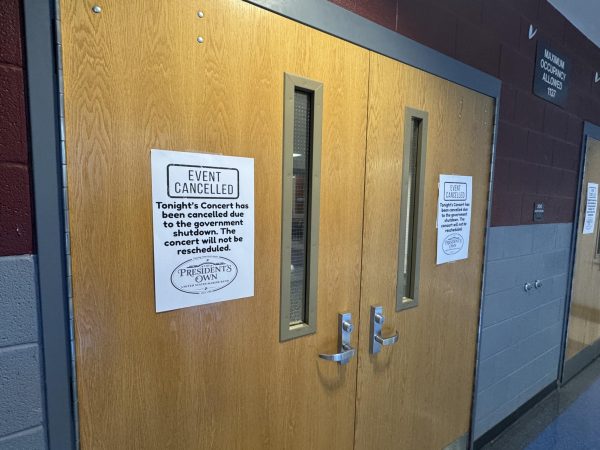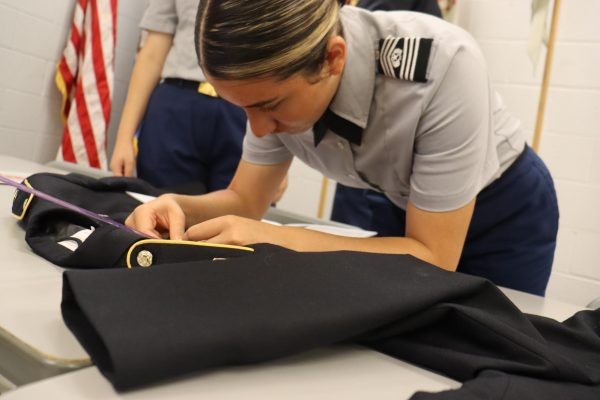“Empire of the Sun“ proves Spielberg’s greatest work
“Schindler’s List” is widely considered Steven Spielberg’s best historical drama, but I believe one of his lesser known projects deserves the title place. I strongly believe “Empire of the Sun” (1987) is Spielberg’s Historical Magnum Opus. It intertwines delicate themes that you’d expect from a coming of age story with a mostly historically accurate plot. But why has his best work been ignored and what makes it great?
It all starts with great characters. Spielberg will substitute an action scene for a well crafted conversation, or event that lends itself to creating a beautiful and complex story arc. Our protagonist is James (Jamie) Graham, played by a younger and impressively talented Christian Bale. Graham is a spoiled young English boy who is living with his parents in Shanghai during World War II who has dreams of becoming a pilot. Jamie’s wealthy family lives with multiple servants in a mansion, in an English neighborhood of mansions. We see throughout the first 30 minutes of the film that the rest of Shanghai is suffering, and poverty among the Chinese is rampant.
When Shanghai is invaded by Japan, Jaimie is separated from his parents and returns home to find his house looted, and his parents never returned. He attempts to survive by eating the canned food that is left. After a series of events, he meets a man named Basie (John Malkovich). Basie is a Fagan-like character from “Oliver Twist”. He represents a father-like figure to Jamie, but uses him for his own personal gain. They are caught after they attempt to loot a house, then are transported between several internment camps.
They are finally taken to the camp where most of the story takes place. We see Jamie stray from the English based part of the camp towards the airfield located nearby. He walks up to a Japanese P-52 that’s being built and reaches up to touch the nose of the plane as Japanese soldier sprints towards Jamie. He raises his rifle, but then something unexpected happens. We see several Japanese pilots strolling towards the plane and stop when they see Jamie. Jaimie turns towards them with some fear, but mostly respect as he raises his hand to his forehead and salutes the soldiers. The pilots stand at attention and salute back. The soldier lowers his rifle, as a look of surprise comes over his face.
This single scene sets the tone for the rest of the film. We see Jamie’s story arc in the film go from that of a spoiled, innocent young boy to an emaciated teen slowly growing and losing his mind. In the course of his story, he manages to gain the respect of both prisoners and soldiers. He befriends a Japanese teen near his age who ends up becoming one of the last Japanese soldiers left. When the war is close to an end, the English prisoners are marched away to the countryside. Jamie sees death large and small, and in desperation returns to the camp- the only home he has left. I won’t spoil the end, but it is heartbreaking. There are worse things than death: fear, betrayal, loneliness, starvation and madness.
The film’s cinematography is beautiful. Spielberg is mostly historically accurate, and the contrast of details between how the English live and the conditions of the Chinese add great tension. The score is by the legendary John Williams, composer of Jaws and Jurassic Park. One part of the score that really adds to the beauty of the film is a Welsh hymn sung by Jaime and used throughout the film.
The point of view in the film is all Christian Bale’s Jaime. He is in nearly every scene. We can empathize with the pain he feels after he loses his parents and we smile when we see him having fun just being a kid. As Roger Ebert said: “Movies are the most powerful empathy machine in all the arts. When I go to the movies, I can live somebody else’s life for a while. I can walk in somebody else’s shoes. I can see what it feel like to be a member of a different gender, a different race, a different economic class, to live in a different time, to have a different belief.” The empathy evoked for Jamie’s character is astounding. It is hands down the greatest performance from a child actor I have ever seen.
I believe this underrated classic is a movie every teenager should see. Empire of the Sun puts a touching new spin on the difficult subject of maturing, growing up, and that ranks it up there with some of the best Spielberg films. This might even be one of the greatest classic movies of all time.
Your donation will support the student journalists of Harrisonburg High School. Your contribution will allow us to purchase equipment and cover our annual website hosting costs.











Brody Cullen • Apr 29, 2024 at 11:09 pm
good review